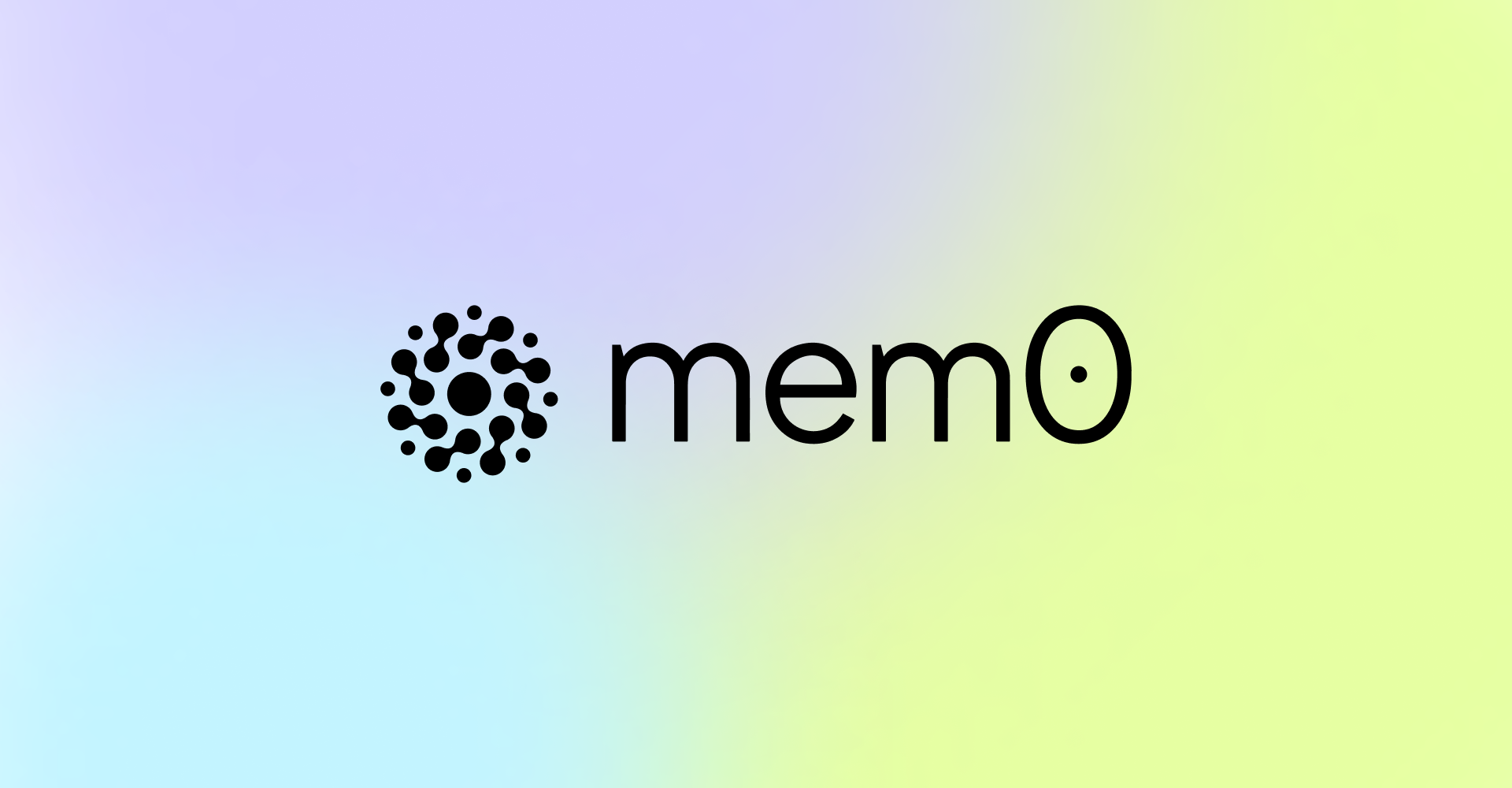|
|
1 year ago | |
|---|---|---|
| .github | 1 year ago | |
| docs | 1 year ago | |
| embedchain | 1 year ago | |
| mem0 | 1 year ago | |
| tests | 1 year ago | |
| .gitignore | 1 year ago | |
| Makefile | 1 year ago | |
| README.md | 1 year ago | |
| poetry.lock | 1 year ago | |
| pyproject.toml | 1 year ago |
README.md
Mem0: The Memory Layer for Personalized AI
Mem0 provides a smart, self-improving memory layer for Large Language Models, enabling personalized AI experiences across applications.
Note: The Mem0 repository now also includes the Embedchain project. We continue to maintain and support Embedchain ❤️. You can find the Embedchain codebase in the embedchain directory.
🚀 Quick Start
Installation
pip install mem0ai
Basic Usage
from mem0 import Memory
# Initialize Mem0
m = Memory()
# Store a memory from any unstructured text
result = m.add("I am working on improving my tennis skills. Suggest some online courses.", user_id="alice", metadata={"category": "hobbies"})
print(result)
# Created memory: Improving her tennis skills. Looking for online suggestions.
# Retrieve memories
all_memories = m.get_all()
print(all_memories)
# Search memories
related_memories = m.search(query="What are Alice's hobbies?", user_id="alice")
print(related_memories)
# Update a memory
result = m.update(memory_id="m1", data="Likes to play tennis on weekends")
print(result)
# Get memory history
history = m.history(memory_id="m1")
print(history)
🔑 Core Features
- Multi-Level Memory: User, Session, and AI Agent memory retention
- Adaptive Personalization: Continuous improvement based on interactions
- Developer-Friendly API: Simple integration into various applications
- Cross-Platform Consistency: Uniform behavior across devices
- Managed Service: Hassle-free hosted solution
📖 Documentation
For detailed usage instructions and API reference, visit our documentation at docs.mem0.ai.
🔧 Advanced Usage
For production environments, you can use Qdrant as a vector store:
from mem0 import Memory
config = {
"vector_store": {
"provider": "qdrant",
"config": {
"host": "localhost",
"port": 6333,
}
},
}
m = Memory.from_config(config)
🗺️ Roadmap
- Integration with various LLM providers
- Support for LLM frameworks
- Integration with AI Agents frameworks
- Customizable memory creation/update rules
- Hosted platform support
🙋♂️ Support
Join our Slack or Discord community for support and discussions. If you have any questions, feel free to reach out to us using one of the following methods:


